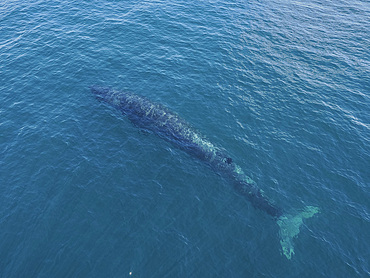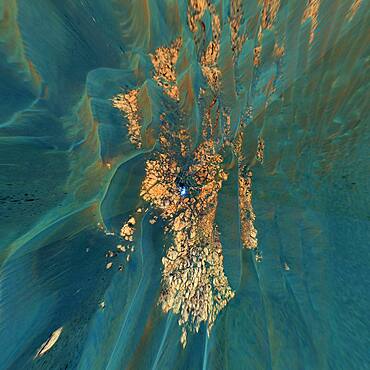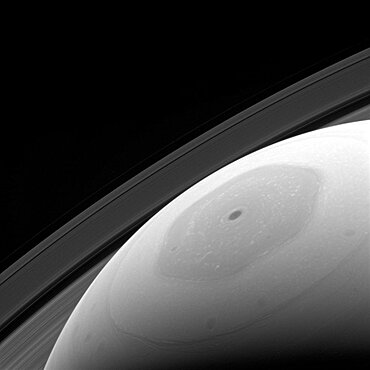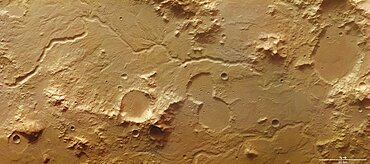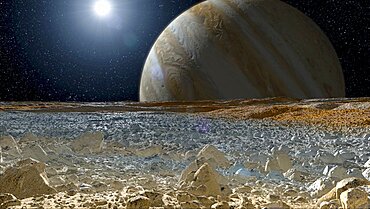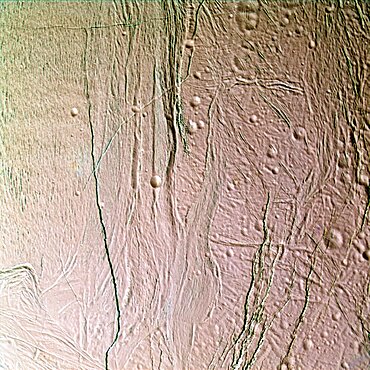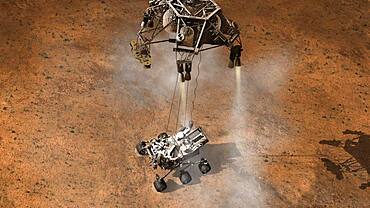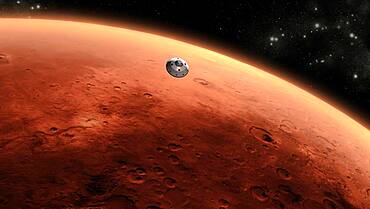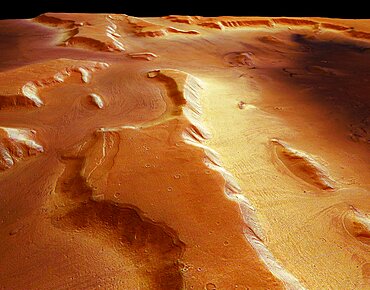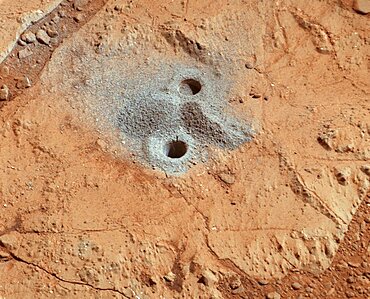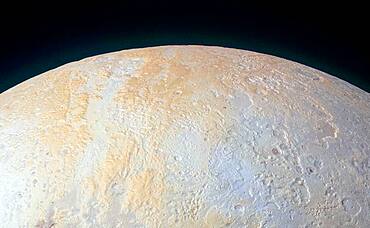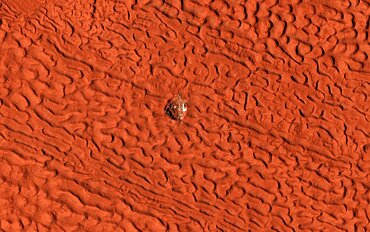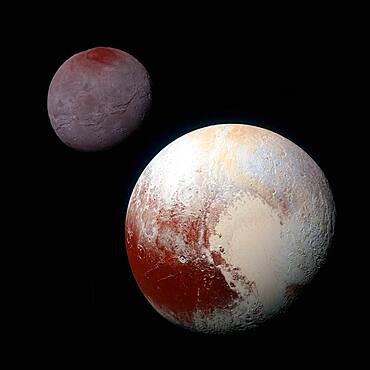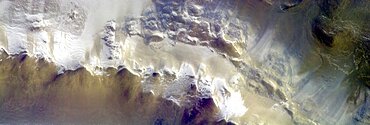Results
1 results found
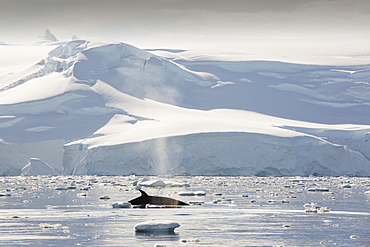
Minke Whales(Balaenoptera acutorostrata) feeding in the Gerlache Strait separating the Palmer Archipelago from the Antarctic Peninsular off Anvers Island. The Antartic Peninsular is one of the fastest warming areas of the planet.

Jupiter gas giant slowly orbiting in deep space concept panoramic. Some elements sourced from NASA public Domain.

Sunrise over the planet mars orbiting in space with strong flare and shadows coming from a bright sun panoramic

Sunrise over the planet mars orbiting in space with strong flare and shadows coming from a bright sun panoramic

USA from space at night concept with street lights on panoramic. Some elements sourced from NASA public Domain.

Jupiter gas giant slowly orbiting in deep space concept panoramic. Some elements sourced from NASA public Domain.

Jupiter gas giant slowly orbiting in deep space concept panoramic. Some elements sourced from NASA public Domain.

Jupiter gas giant slowly orbiting in deep space concept panoramic. Some elements sourced from NASA public Domain.
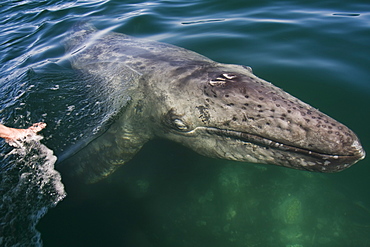
A human hand reaches out towards a newborn gray whale calf (Eschrichtius robustus) swimming near the surface with its mother in Laguna San Ignacio, on the Pacific coast of Baja California Sur, Mexico. Designated as a UNESCO World Heritage site and part of the Vizcaino Biosphere Reserve, it is the last undeveloped gray whale birthing lagoon on the planet, Mexico

California, A blue whale (Balaenoptera musculus) surfaces and exhales. Blue whales are the largest creature to ever live on our planet.
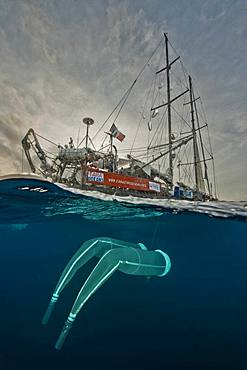
Tara Oceans Expeditions - May 2011. Tara with deployed plancton nets. On "station", the boat is drifting without engine or sails. Tara Oceans, a unique expedition: Tara Oceans is the very first attempt to make a global study of marine plankton, a form of sea life that includes organisms as small as viruses and bacterias, and as big as medusas. Our goal is to better understand planktonic ecosystems by exploring the countless species, learning about interactions among them and with their environment. Marine plankton is the only ecosystem that is almost continuous over the surface of the Earth. Studying plankton is like taking the pulse of our planet. Recently, scientists have discovered the great importance of plankton for the climate: populations of plankton are affected very rapidly by variations in climate. But in turn they can influence the climate by modifying the absorption of carbon. In a context of rapid physico-chemical changes, for example the acidification observed today in the world's oceans, it is urgent to understand and predict the evolution of these particular ecosystems. Finally, plankton is an astonishing way of going back in time ? a prime source of fossils. Over the eons, plankton has created several hundred meters of sediment on the ocean floors. This allows us to go back in time, to the first oceans on Earth, and better understand the history of our biosphere. More than 12 fields of research are involved in the project, which will bring together an international team of oceanographers, ecologists, biologists, geneticists, and physicists from prestigious laboratories headed by Eric Karsenti of the European Molecular Biology Laboratory. Galapagos
